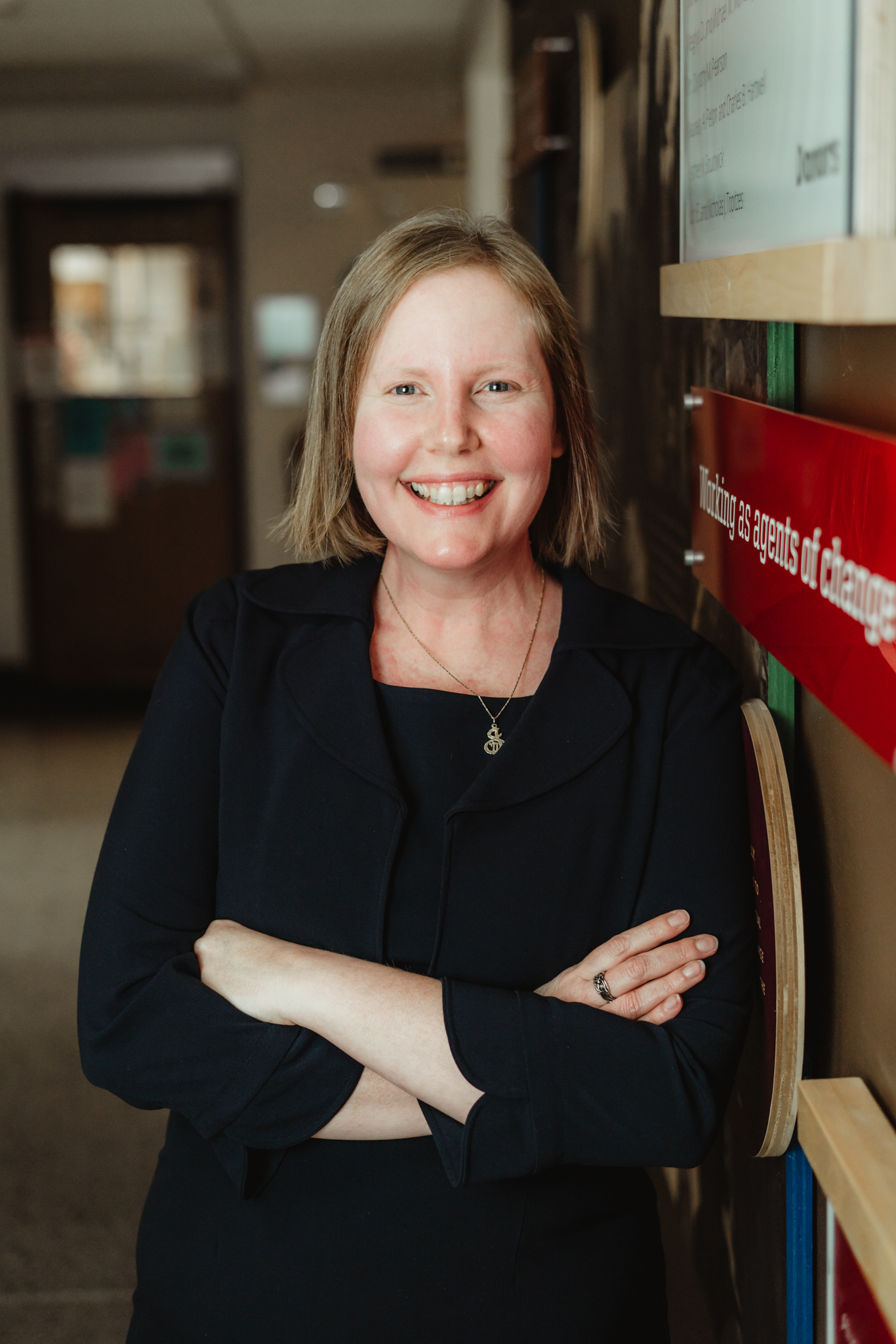Social Worker Interview #4: Jaime Goldberg

In honor of March being Social Work Month, ACE Senior Care Navigators is proud to showcase the incredible work that social workers do for older adults. This month we are highlighting a few social workers to share the variety of roles these professionals have. If you missed our previous interviews, check out Colleen Collins Josellis, a former medical social worker, Tricia Mullin, a home services social worker, and Karen Faith Gordon, an Aging Life Care Professional social worker.
We are rounding out our month of interviews with Jaime Goldberg. Jaime has a rich background in palliative care social work, and is currently working on her dissertation at the University of Wisconsin – Madison. We are very grateful to Jaime for sharing with us her experiences as a social worker in palliative care as well as a researcher in the field.
What is palliative care and what is the social worker’s role?
Palliative care is specialized, team-based medical care for anyone affected by serious illness and can be beneficial at any age or at any stage of illness. We offer an extra layer of support to navigate the complexities of the healthcare system, assist with symptom management, and facilitate communication about the illness and next steps in care. Our involvement is based on need rather than prognosis. Palliative social workers are integral members of interdisciplinary teams and bring expert psychosocial assessment/intervention and communication skills when interacting with individuals, families, and colleagues. The core principles of clinical social work – ‘start where the client is,’ embrace a ‘person in environment’ approach, and focus on the strengths of individuals/families – are naturally aligned with the values of palliative care. We explore history, beliefs, values, relationships, communication styles, and coping mechanisms and collaborate on plans of care as they evolve. With expertise in conflict management and problem resolution, we can be particularly skilled when there are complex team and/or family dynamics.
Tell us about your experience and goals as a palliative care social worker. How did you come to do this work?
I was drawn to this field through personal and professional encounters with older adults, watching the challenges they faced as they aged and experienced illness. Influenced by my great-grandparents, who were an integral part of my life until I was a teenager, I worked as a friendly visitor with Little Brothers – Friends of the Elderly in Chicago after I finished college. It was there that I saw my “old friends” struggling to navigate the healthcare system. They were literally and figuratively losing their voice, with nobody to advocate for them. I chose to pursue my MSW and specialize in palliative care to become that advocate.
After my MSW I completed an interprofessional fellowship in palliative care through the VA in Los Angeles. I spent eight years doing inpatient palliative care consultation at the VA as well as training our interprofessional fellows. I then transitioned to Cedars-Sinai Medical Center in Los Angeles to continue doing clinical work, education, and program development on the Supportive Care Medicine (palliative care) team.
What do you enjoy or find rewarding about palliative care social work?
So many things! Being invited into people’s lives at such a vulnerable time is a privilege. Bearing witness to their stories, partnering with them as they experience illness and work toward creating meaning is deeply profound. I embrace the person-centered, family-focused tenets of palliative care. I value integrating the physical, psychological, social, emotional, and spiritual domains to care for the whole person. I am a proponent of the team approach to care. I loved sharing an office with the pharmacist on my former team. We would often do joint visits in the hospital and work together to combine pharmacologic and integrative modalities (e.g., cognitive behavioral techniques, guided imagery, distraction) to maximize pain and symptom management.
What do you find challenging about palliative care social work?
Although we have made great strides in the past 15-20 years, palliative care is still very new and considered ‘counter-cultural’ in the healthcare system. No doubt the work itself can be heavy – we are working with individuals and families who are experiencing serious illness. Self-awareness of our own triggers and individual self-care are essential. Those measures alone, however, cannot fix a broken system where the emphasis is on productivity and reimbursement, and illness and death have become medical rather than human experiences.
You are working on a research study about adult children serving as caregivers for their parent who is seriously ill or approaching the end of life. Tell us about your study and what you hope to accomplish with it.
I am honored to begin the work of lifting up voices that too often go unheard as I start my dissertation at the Sandra Rosenbaum School of Social Work at the University of Wisconsin-Madison. My study looks at the experiences of adult children who are caregiving for a parent who harmed them in childhood. Through interviews with such caregivers, I hope to explore their experiences, motivations, and interactions with the healthcare system. My goal is to center the stories of such caregivers to inform the creation of more robust support and resources for them. I hope to assist healthcare professionals to recognize, assess, and intervene more effectively when working with individuals and families with this history. Please visit the project Facebook page for more information.
Thank you so much for sharing your experiences with us, Jamie. It is wonderful to learn more about the role of palliative care social workers, and we wish you the best of luck on your dissertation!
As she mentioned, Jaime is a strong supporter of Little Brothers – Friends of the Elderly in Chicago, and invites you to support them in their initiatives to bring companionship and assistance to older adults.



